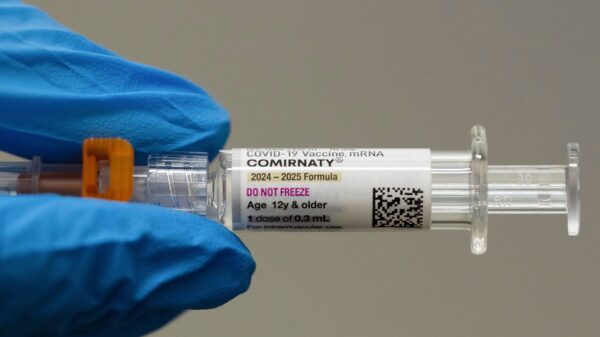A recent study highlights significant health insurance gaps among adopted children in the United States. Conducted by the University of Maryland (UMD) School of Public Health and published in the journal Health Affairs, the research indicates that the type of adoption—whether domestic or international—and the citizenship status of the adoptive parents greatly influence the coverage these children receive.
According to the study, many families who adopt children do not secure adequate health insurance for their new family members. The findings suggest that approximately 30% of adopted children lack health insurance, which raises concerns about their access to necessary medical care.
Variations in Coverage Based on Adoption Type
The research reveals that domestic adoptions tend to have better health insurance outcomes compared to international adoptions. Adoptive parents of domestically adopted children often have access to various public and private health insurance options. In contrast, families who adopt internationally frequently encounter barriers that limit their coverage options, leaving many children without necessary health benefits.
Furthermore, the study found that the citizenship status of adoptive parents plays a crucial role in determining the health insurance coverage available. Families where at least one parent is a non-citizen face additional challenges in obtaining health care for their adopted children. This disparity highlights the need for policy adjustments to ensure that all adopted children receive the support they require.
Implications for Health Policy
The findings of this study underscore the urgent need for reforms in health insurance policies affecting adopted children. Advocates argue that the government should implement measures that ensure equitable access to health insurance for all adopted children, regardless of their adoption type or the citizenship status of their parents.
With the number of adoptions in the U.S. reaching hundreds of thousands annually, it is crucial to address these gaps. The study’s authors call for increased awareness among policymakers and the public to ensure that the health care needs of adopted children are met.
As the discussions surrounding health insurance reform continue, the implications of this study could serve as a catalyst for meaningful change in how adopted children are treated within the health care system. Ensuring that every child has access to health insurance is a fundamental aspect of promoting their overall well-being and integration into their new families.





































































